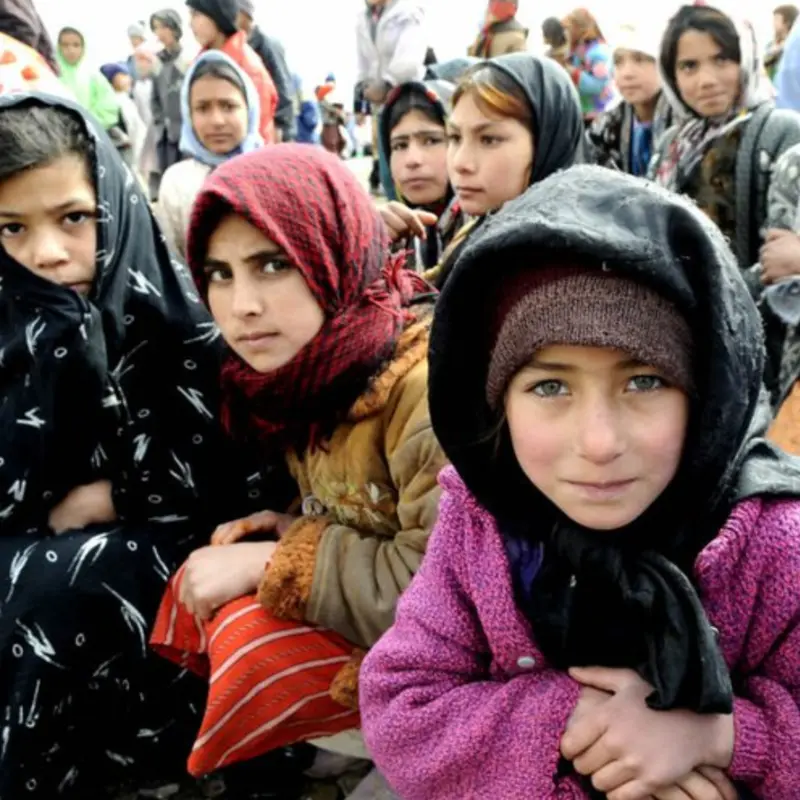Fostering Unaccompanied Asylum Seekers
Date published
05 January 2024

Unaccompanied children include asylum seekers, refugees, and migrants. Sometimes children and young people arrive in the United Kingdom from countries that are affected by war, civil unrest, terrorism, or conflict. Unaccompanied children have arrived in the UK without parents or close family members to look after them. Local authorities are responsible for finding foster parents to care for them until they are 18, or sometimes beyond this age. We work with local authorities to fulfill this requirement by recruiting, training, and supporting foster carers with the right skills.
'In total, as of March 2023, 7,290 unaccompanied asylum-seeking children were in care, up almost a third (29%) on the previous year and up 42% on the pre-pandemic position. This cohort now represents almost 1 in 10 (9%) of all children in care, 96% are male and 76% are 16 or 17 years old compared to only 16% of all children in care of this age.' (Children looked after in England Gov Stats)
'More than ever before, the humanitarian crisis of children escaping conflict, war, and violence and seeking asylum in the United Kingdom is present on our newspaper pages and our TV screens. Unaccompanied children seeking safety and security in Britain are meant to be placed directly into foster care, but for various reasons, many were placed into hotels and other unsupported accommodation and have not been given the care they need, with over 150 young people now unaccounted for.' (BBC News, August 2023)
Unaccompanied asylum-seeking children need foster care which is sensitive to their experiences and cultural upbringing. Many unaccompanied children are from war-torn countries and might have witnessed persecution, torture, violence, or death. Some are orphans or have become estranged from their families due to abuse. They may not speak good English and are far from everyone and everything they know. Children who have traveled and/or been trafficked to the UK will have likely experienced physical, emotional, and/or sexual abuse along their journey. Like all foster children, it’s difficult to generalise about the needs of unaccompanied children. However, a high proportion will require counseling or therapy so they can process issues like grief, trauma, and post-traumatic stress disorder (PTSD). Due to their extreme experiences, some unaccompanied children can exhibit very challenging behaviors and rely on the experience and skills of our foster carers and professionals.
Fostering Unaccompanied Asylum Seeking Children:
Support children for whom English is not their first language, and advocate for them with local authorities and government services. They might need extra support to improve or learn to read and write English and remove any barriers to their education.
Can help a young person to begin a safe, stable, and positive life in a new country. Adapting to a new culture or society they are not used to.
Can support undocumented children or young people to gain legal documentation and the right to live, study, or work in the United Kingdom.
Helps unaccompanied young people to develop links with networks and communities reflective of their heritage or background. Build their relationships within their local community (such as school, clubs and activities). They should also support them to meet other young people of the same cultural and religious backgrounds, and to attend places of worship.
Could you support an unaccompanied child escaping from conflict? While it presents unique challenges, being part of the story, transformation, and future of an unaccompanied child is special. It becomes your story, transformation, and future – like many of our more complex fostering roles. Contact us today to find out more.
Read Jehan and Ansar's story about fostering unaccompanied asylum-seeking children
Fostering insights
05 January 2024